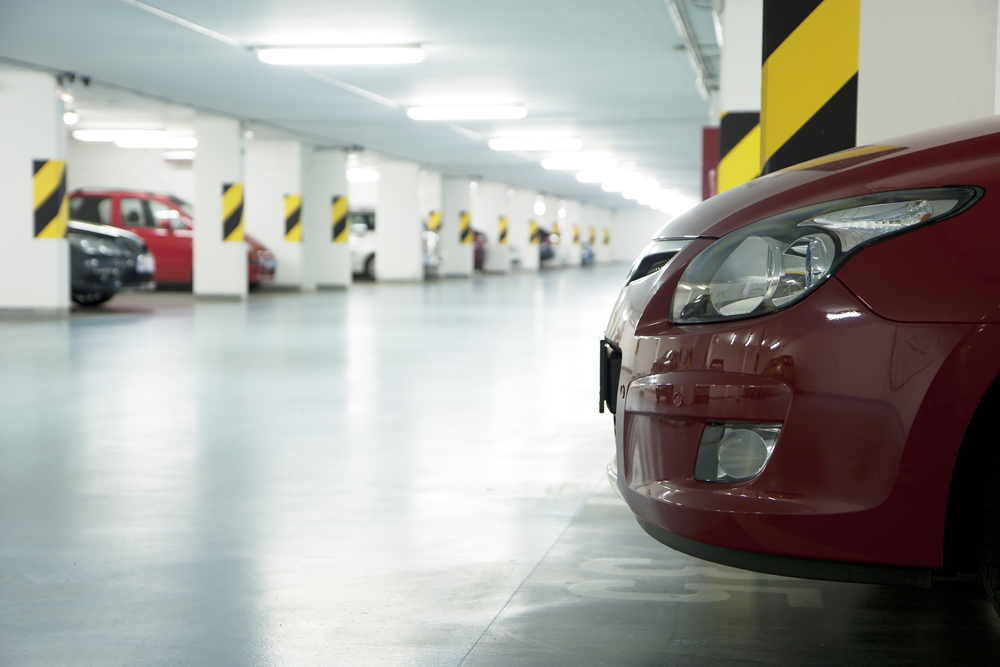Why you should use a concrete sealer

You’ve just finished that beautiful new slab of concrete. It’s perfect—smooth and pristine. It’s done, right? Not quite.
Did you know that you need to seal your concrete before the job is finished? Without sealer, raw concrete tends to pick up moisture, which can cause the surface to crack, spall, or scale. In severe cases there can be enough penetration to hurt the interior rebar and cause structural weakness.
Sealer makes a difference
With a proper sealant reapplied at regular intervals (in most cases, around every five years), a concrete surface will avoid soaking up anything that’s spilled on it. This is more important than you might think for a lot of applications. How about parking garages? Do you want all the chemicals that might leak from vehicle engines getting in the concrete and staining it, or in some cases causing damage?
The sun oxidizes surface layers of unsealed concrete as well, and over time that can break down the top layers. Depending on climate, water can get in and the freeze/thaw cycle will break apart the surface, too. Sealers keep out moisture and keep concrete beautiful.
Expert application
There’s one caveat to sealers, though: They can be a little finicky with temperature, the time the slab has cured, and weather conditions. In many cases it’s worth getting someone who deals with concrete to make sure the sealer is applied properly so it can do its job right. Without proper application, no sealer will work.
If you want to make sure your concrete lasts, keep it sealed. Talk to a contractor like JK Industries that can help you keep your concrete long-lasting and beautiful—you’ll be glad you did.
